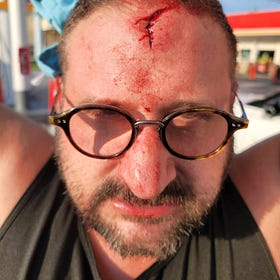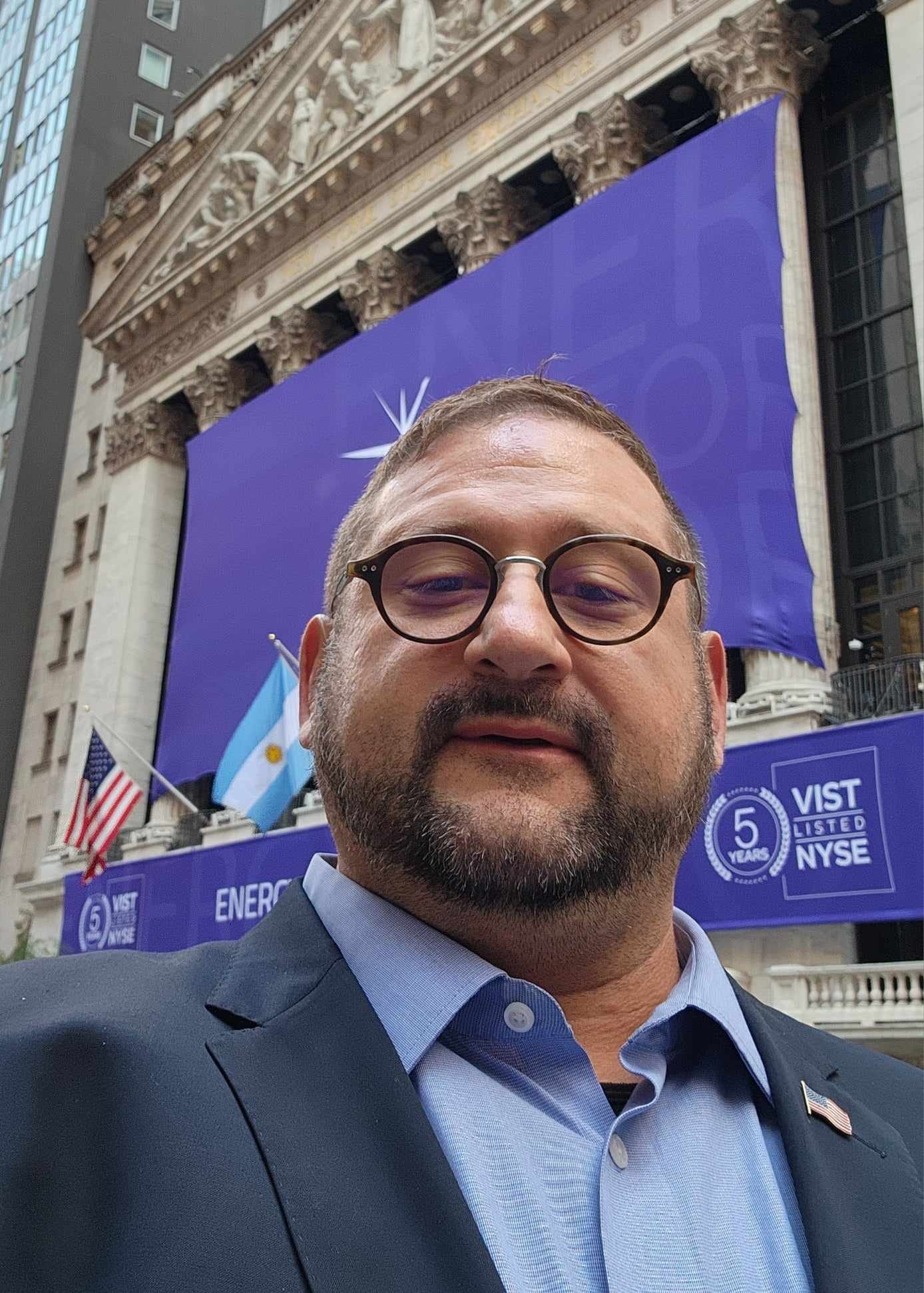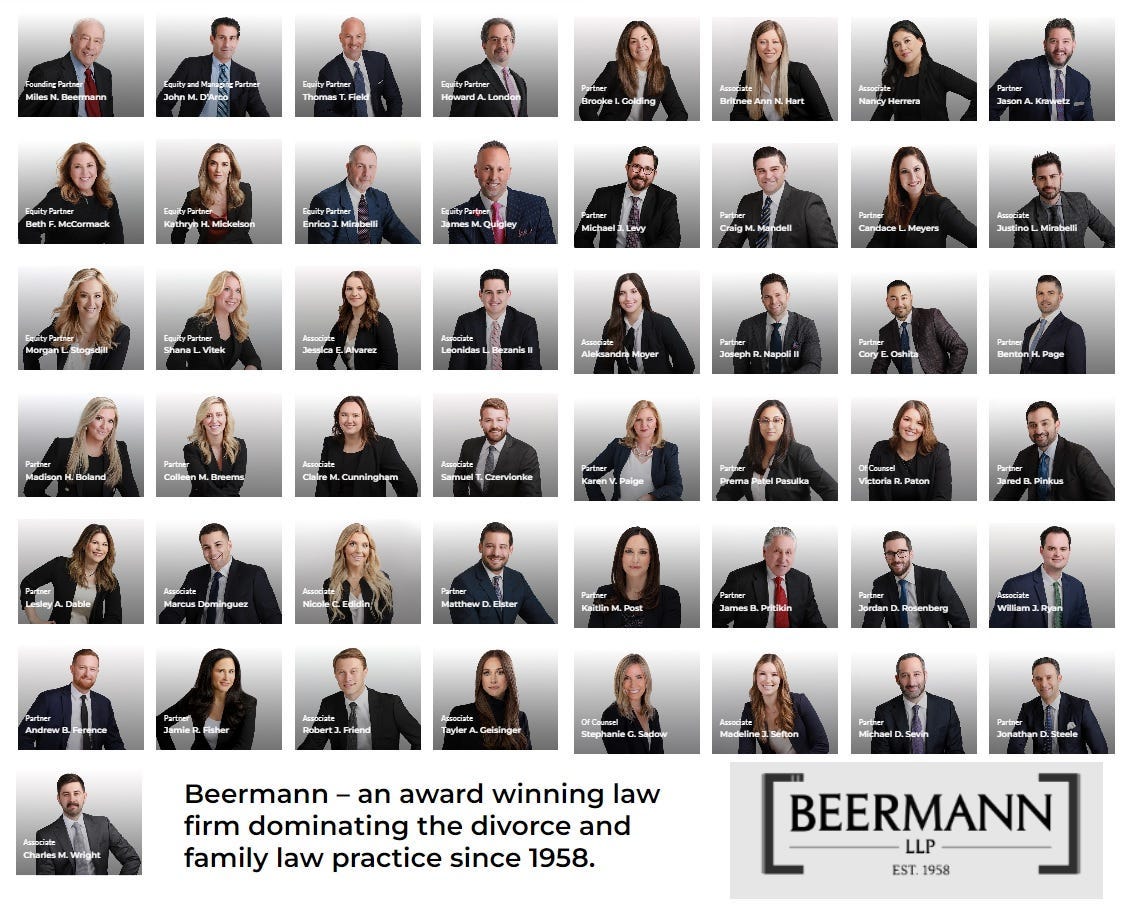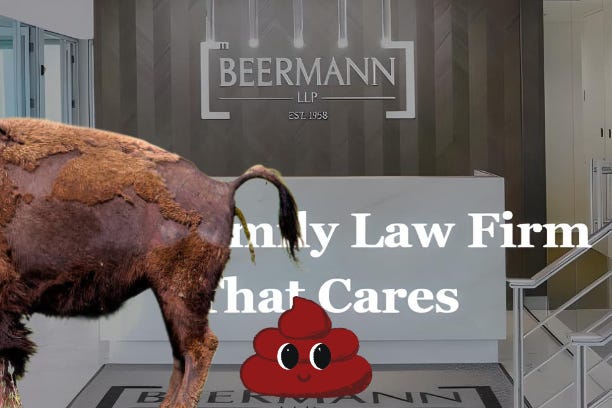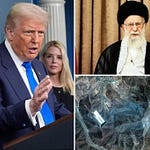By Richard Luthmann
In a recent episode of The Unknown Podcast with co-host Michael Volpe, investigative journalist Richard Luthmann discussed his ongoing battle with attorney Max Goodman of Amundsen Davis LLP. Goodman is representing Feliza Castro in defamation matters connected to a heated custody case. The attorney has been pressuring Luthmann for information about his sources related to an article Luthmann wrote about allegations involving Castro.
Lawyer Threatens Reporter Over Drug Claims in Chicago Custody Battle
Michael Volpe: “They’re saying she didn’t deny the cocaine test but that it was for a medical procedure, right?”
The article delved into accusations that Castro had engaged in drug use while caring for her 11-year-old daughter, accusations that are central to the legal dispute with her ex-boyfriend, Edward Engels. Luthmann, known for his fearless approach to journalism, reiterated his refusal to reveal his sources, emphasizing his commitment to journalistic integrity and the protections afforded to him under Illinois law.
Adding to the complexity is Beermann LLP, the law firm representing Castro in her custody battle, which has come under scrutiny for alleged involvement in questionable legal practices and broader accusations of corruption in Chicago’s family courts.
Background: The Feliza Castro Case
The Castro-Engels custody battle has been ongoing for years. Engels, the father of their daughter, has repeatedly raised concerns about Castro’s fitness as a parent, claiming that her drug use makes her unfit to care for their child.
Engels has filed several motions, including an emergency motion in early October 2024, to suspend Castro’s parenting time based on his allegations that she regularly uses cocaine, ketamine, and other illegal substances. Engels’ motion included evidence such as social media posts purportedly showing Castro engaging in drug use while their daughter was present.
The legal pleadings also detail Engels’ concerns about Castro’s behavior on social media platforms like Instagram, where he claims she live-streamed erratic behavior. Engels’ emergency motion further alleged that Castro has repeatedly failed drug tests for various substances, including cocaine, and argued that this posed a serious threat to their child’s safety.
However, in recent weeks, Castro, through her attorney Max Goodman, has vehemently denied the drug allegations and has turned the legal fight toward the media.
On October 16, Goodman sent a letter to Richard Luthmann, accusing the journalist of defamation and demanding that he remove the article, issue a retraction, and disclose all communications with his sources. The letter claimed that none of the allegations against Castro were true and that Luthmann’s reporting was based on false information.
The Podcast Conversation
During the podcast, co-host Michael Volpe brought up Goodman’s demands, asking Luthmann to elaborate on the legal pressure he had faced since publishing the article about Castro. Luthmann explained that Goodman’s letter contained threats of legal action, demanding that he not only take down the article but also provide a “compensation package” to Castro and disclose the identities of all his sources.
Luthmann recounted the situation: “He comes in like a tough guy and says, ‘You’ve defamed my client, and we’re going to sue you. You’re going to take down the article, and you’re going to give us all the communications you’ve had with your sources,’” Luthmann said on The Unknown Podcast.
He added that Goodman’s demands included providing a financial settlement to Castro: “Basically, pay up or face the consequences.”
Luthmann was unfazed by the threats.
“I’m a journalist, and journalists don’t give up their sources,” he said defiantly on the podcast. “It’s as simple as that.”
Volpe, who has covered similar cases of legal pressure against journalists, expressed disbelief at the audacity of Goodman’s demands.
“He hasn’t even petitioned to sue you yet,” Volpe pointed out. “He’s already demanding that you give up your sources before anything has even been filed.”
Luthmann agreed, calling the situation “outlandish.” He explained that Goodman’s letter was based on a defamation theory, but no legal action had actually been initiated.
“They’re trying to scare me into giving up my sources, but I’m not playing that game,” Luthmann said.
He reminded listeners that a lawyer’s letter doesn’t hold much weight until a judge signs an order: “A letter is just a piece of paper. Until you have an order signed by a judge, you don’t have to pay attention to it,” Luthmann said. “That letter can go straight down the toilet bowl.”
Max Goodman’s Attempt to "Clarify"
Goodman later followed up with a more measured email, attempting to clarify his position.
In an email dated October 24, Goodman wrote to Luthmann stating that he wasn’t necessarily after his sources but wanted clarification on whether Engels had directly provided the quotes that Luthmann used in his article.
“I’m not trying to jam you up,” Goodman said.
Goodman questioned whether Engels himself had sent Luthmann the unfiled motion that was quoted in the article.
“I don’t believe that you made up the quotes, of course,” Goodman wrote. “I believe that you spoke with Eddie and got the quotes from him—is that true?”
Goodman tried to downplay his request, framing it as a simple inquiry rather than a demand to reveal sources.
“Stating that your quotes are from a call with Mr. Engels when your article says that he is the source… is not asking you to reveal your sources,” Goodman claimed in the email.
Here is the full email from Attorney Goodman:
On Thursday, October 24th, 2024 at 10:38 AM, Goodman, Max <mgoodman@amundsendavislaw.com> wrote:
Hi Richard:As an aside, I saw the latest podcast with Michael Volpe in which I’m mentioned – I have no issue with that and expressed the same to Michael. I am also not after your sources. In your article, you quoted Eddie Engels. Mr. Engels’ attorney says his client never spoke with you or sent you any emails or communications of any kind for the article. I don’t see how Eddie’s claim could be true.
Your article includes an unfile-stamped copy of Mr. Engels motion which really could have only come from Mr. Engels (am I missing something). Again, I don’t think these are secrets.
I don’t believe that you made up the quotes of course, I believe that you spoke with Eddie and got the quotes from him – is that true? Or did you take the quotes from a court hearing that Mr. Engels attended or somewhere else? I’m not trying to jam you up - just trying to understand here.
Stating that your quotes are from a call with Mr. Engels when your article says that he is the source … is not asking you to reveal your sources (if that makes sense). Let me know if I’m mistaken.
If we spoke by phone, I’d be able to explain a little better – my cell is 708-205-0849. It is technically a settlement conversation pursuant to Rule 408 if that makes you more comfortable.
But again only two questions and I’ll leave you be:
Did your quotes which you attribute to Eddie, come from your communication with Mr. Engels in October?
Did Mr. Engels send you the unfile-stamped motion which appears in your article?
I hope we can talk – your choice of issues and take on things is unique.
Max B. Goodman, Esq., Partner
Amundsen Davis LLC
Luthmann's Defiant Response
Flattery will get you everywhere with most people. Not Luthmann.
Goodman went out of his way to say, “I hope we can talk – your choice of issues and take on things is unique.”
Luthmann, however, was not swayed by Goodman’s softened tone. In his response later that day, Luthmann stood firm, reiterating his refusal to disclose any source information.
“You're not getting my sources,” Luthmann wrote.
He explained that journalistic practice often includes reporting on information obtained through indirect channels. Even if framed as a clarification, Goodman's request still constituted an attempt to interfere with the newsgathering process.
In the email, Luthmann also compared major media outlets' reporting on statements from figures like Donald Trump. He noted that journalists frequently report quotes attributed to sources based on corroborating evidence, even if those sources are not directly cited verbatim.
“Hearsay—while inadmissible in court in most cases—can be and often is used as part of journalistic and investigative practices,” Luthmann explained.
Luthmann closed his email to Goodman by standing his ground: “I’m not going to reveal my sources. Never have, never will.”
Here is Luthmann’s full response to Goodman:
From: Richard Luthmann <richard.luthmann@protonmail.com>
Date: On Thursday, October 24th, 2024 at 12:06 PM
Subject: Re: [IWOV-Active.FID1334103]
To: Goodman, Max <mgoodman@amundsendavislaw.com>
CC: Michael Volpe <mvolpe998@gmail.com>
Max,All I can say is that hearsay - while inadmissible in court in most cases - can be and often is used as part of journalistic and investigative practices.
Hypothetically, Max stands outside the courtroom as attorney/agent and says: "My client just told me that this whole thing is bullshit. And you can quote him on that."Journalistically, with other corroborating sources, a reporter can run with that. Open any major media outlet website today and look at Trump's quotes. What's attributed to him and what he said "verbatim" are indistinguishable. Does he "own" both sets of statements? Can he deny one set and not the other? You're the lawyer.
That's what I'll say on this. You're not getting my sources.
Regards,
Richard Luthmann
Writer, Journalist, and Commentator
Tips or Story Ideas:
(239) 631-5957
richard.luthmann@protonmail.com
Muck Rack Profile
Substack: This is For Real?
Contributor: Frank Report
Editor-In-Chief: FLGulf.news
Contributor: Sun Bay Paper
Follow Me on TRUTH
Beermann LLP’s Role and the Allegations Against the Firm
Adding another layer of complexity to the case is the involvement of Beermann LLP, the law firm representing Castro in the custody battle. Beermann LLP has been at the center of growing accusations of corruption and unethical legal practices in Chicago’s family court system.
Luthmann has previously written about Beermann LLP’s questionable conduct in other cases, including the high-profile Girard case, in which the firm was accused of being part of a broader conspiracy involving bribery and court manipulation.
Luthmann didn’t hold back on the podcast when discussing the firm's tactics.
“Every time we mention Beermann, I get attacked online by sock puppet accounts,” Luthmann said. “It shows that we’re doing something right and getting under their skin.”
Luthmann believes that Beermann LLP, led by managing partner John D’Arco, has crossed a legal line in handling the Castro case and possibly others. Beermann LLP has come under scrutiny for allegedly using its influence to manipulate court outcomes, particularly in cases involving custody disputes.
“This isn’t the first time Beermann’s been accused of playing dirty,” Luthmann remarked. “They’ve got their hands all over some of the most questionable cases in Chicago’s family courts.”
Luthmann’s reporting on the firm’s connections with high-ranking officials in the Chicago legal community has amplified the accusations against Beermann LLP, raising concerns about judicial bias and corruption.
Critics argue that Beermann LLP’s influence extends beyond the courtroom. The firm allegedly leverages its relationships with court personnel to secure favorable outcomes for its clients, regardless of the facts.
The Ongoing Legal Battle
Despite Goodman’s legal threats and Beermann LLP’s controversial involvement, Luthmann remains resolute and confident in his protections under the Illinois Reporter’s Privilege Statute. This statute grants journalists a qualified privilege to protect their sources from disclosure.
“My obligations as a journalist are fulfilled,” Luthmann stated, adding that he has no intention of retracting the story or bowing to the demands of Castro’s legal team.
As the custody battle between Engels and Castro rages on, the legal fight over press freedom and source protection adds another layer of complexity to this already contentious case. With neither side willing to back down, the story unfolds, and the stakes rise.
The battle between Luthmann, Beermann LLP, and Castro’s legal team underscores a critical issue for journalists everywhere: the right to protect sources and the freedom to report on matters of public interest, even when powerful legal forces seek to silence them. With Beermann LLP under increasing scrutiny, this case has the potential to shine a much-needed spotlight on corruption and misconduct within Chicago’s family court system.








